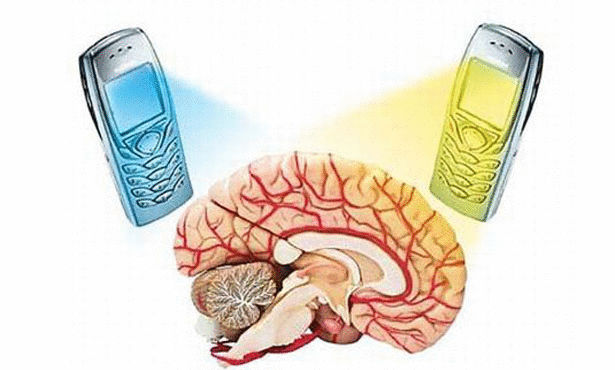There are constant reminders all around us to look after our health. But how many of us think of the long-term consequences of using mobile phones? Are they really safe? Have they been around enough for anyone to know whether they will leave any lasting damage? It is an issue concerning all involved in the mobile phone industry, companies such as Apple and Samsung in the product manufacturing business as well as enterprises like Mobi-data who are developing an empire solely on low cost data sim cards.
Various studies have been conducted over the years, to try and assess the risk to humans. A 1999 report on mobile phone radiation conducted by a Swedish team of researchers concluded that there may be an increased risk of developing brain diseases such as Alzheimers through using mobile phones. The claims have not been substantiated, however, and mobile phone manufacturers insisted that radiation amounts are within safety guidelines and an all-party committee of MPs found there was no firm evidence to support the claims.

The short term effects from using a mobile phone are principally involved with body heating caused by the radiofrequency in relation to the human body. A World Health Organisation study found that tissue heating at the frequencies mobile phones use causes negligible temperature rise as energy is absorbed by the skin. It is argued that short bouts of exercise will increase body temperature more significantly than use of a mobile phone.
It is clear that mobile phone usage can have incidental effects on health. Take for example, use of a mobile phone when driving. There are many stories of motorists being involved in road accidents, when they have been using mobile phones to call or text. The UK government has strict legislation regarding this. It is illegal to use a mobile phone when driving, even when stopped in traffic. You will get 3 penalty points and £100 fine. Hands-free devices are allowed, but even then, if the police believe you are distracted you could get stopped an penalised. It is important to think not only about the health risk to ourselves, but also to other road users and pedestrians.
Teenagers are a group particularly at risk to adverse health effects of using mobile phones. As a group, they tend to be very frequent users. Some reports suggest that they are at risk of suffering memory loss, sleeping disorders and other health problems. Smartphones are increasingly being used in the way computers are used. There is a lot of screen-time, rather than the phones being used for their original purpose. As with any use of computer, television, smartphone etc it is important that users are not exposed for long periods of time.
Mobile phones have not been around long enough for anyone to find there are significantly increased risks top health. It is clear that at times when we should be focused, such as using a car, then mobile phone use is a health risk. Mobile phones give us more freedom to carry out our lives and that should be embraced, we never know what the future may hold. The debate will continue.

